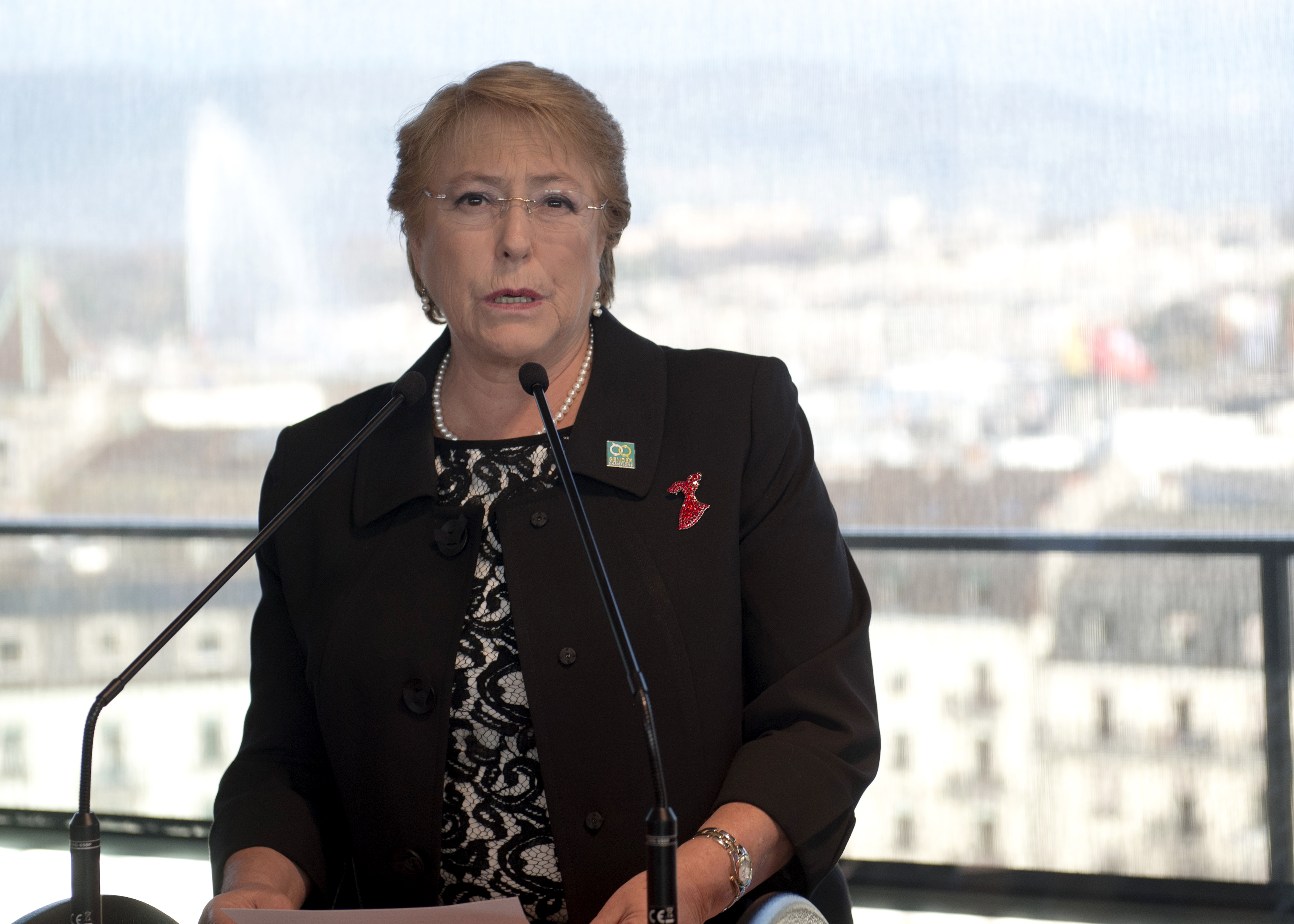Elections are a central element of any democratic system. Although there may be electoral processes in non-democratic systems (for example, plebiscites), no known democratic system excludes the celebration of elections. Giovanni Sartori, an Italian political scientist, defined democracy as a political system based on popular power, that is, on the power of citizens. According to this author, the people is the bearer of power while the exercise of power is entrusted to periodically elected representatives [i].
From this perspective, we understand elections as a means of exercising citizenship and a procedure through which collective decisions can be made inclusively. But elections are complex processes that occur in broader political and social contexts, which affect both their objective functioning and the subjective evaluation made by citizens, political parties, civil society organizations, and the international community. Thus, for an election to reflect the will of the people, it requires, among other things, the trust of all those involved in the process.
In this sense, we understand trust as the belief that others will honor their obligations or, at least, they will not act against our interests. If we project this definition onto the sphere of politics, we could say that trust is the belief that political institutions will act fairly, according to what is established in the law. If we go a little further, trust in elections would imply the belief that the electoral process is organized in such a way that its results are capable of reflecting the political preferences of the people.
According to the Kofi Annan Foundation [ii], confidence in elections and their results is a pillar of the legitimacy of any democratic system. Under this perspective, the credibility of elections is affected if voters do not believe that the authorities responsible for organizing them are autonomous and independent. In this way, confidence in the election and its results have a direct impact on the support for the authorities; distrust opens the doors to conditions that favor ungovernability and authoritarianism.
The dimensions of trust
Confidence in elections is affected by two fundamental dimensions: political conditions and the technical quality of the elections. The first dimension refers to the effective exercise of the people’s civil and political rights. Thus, an election will be more credible in the eyes of the people to the extent that there is political equality, freedom of expression, freedom to choose and be elected, among others. In the same way, the political conditions also refer to the existence of an arbitrator who acts with institutional neutrality and equitably applies the legal framework.
On the other hand, the technical conditions refer to the operational aspects that guarantee that the result of the election reflects the will of the citizens. These technical aspects cover the different phases of the electoral process: from the creation of laws, the appointment of authorities, the registration of voters, parties, and candidates, to the different pre-electoral audits, the voting system, vote counting, and post-electoral audits. . In this case, confidence in technical conditions is measured by the evaluation of political parties, the media, and national and international electoral observation organizations, who issue their conclusions before public opinion, thus influencing the confidence of citizens in the electoral process.
In Venezuela, the exercise of political and civil rights is increasingly difficult. Those who exercise political power have systematically and progressively limited the exercise of citizen’s rights. The power of the vote has been reduced through the imposition of political conditions that prevent the free exercise of popular power and the design of an electoral system that generates mistrust.
Regarding political conditions, Venezuela has lacked an electoral arbitrator that acts with institutional neutrality. Since the approval of the 1999 Constitution, the National Electoral Council has not been appointed following the provisions of the national charter [iii] and the Organic Law on Electoral Power (LOPE) [iv]. As a result, those at the head of the National Electoral Council act against the confidence of citizens in the elections and the power of their vote.
Also, the manipulation of the electoral offer through the use of administrative measures by the Electoral Council, the banning of candidates by the Comptroller General of the Republic, or the intervention of the Supreme Tribunal of Justice in the parties of the political opposition.
From a technical point of view, the opacity with which the Electoral Registry has been handled, the flexibilization of the measures that prevent the usurpation of identity and duplication of the vote, the manipulation of the electoral calendar, the limitation of national observation, and the prohibition of qualified international observation, among others, reduce the credibility of the electoral results
Agreements and principles
To reverse this situation, it is necessary to build a national political agreement in which social and political actors establish a set of principles and practices aimed at restoring confidence in the elections. The foregoing involves the creation of a high-level commission capable of advancing a proposal for political and electoral reform that recognizes the limitations of the current situation, the existing conflicts and proposes short, medium, and long-term measures to rescue the democratic institutionality in the country.
Of course, the construction of a political agreement of this nature requires the firm cooperation of several political and social sectors that currently lack mutual trust. A first step would be the creation of spaces for the construction of that lost trust, especially between non-governmental actors of diverse nature. A second step would be the formation of a democratic alliance that would promote an agenda of political-institutional reforms in which all political sectors are represented.
In any case, any political reform will have to return the power to the citizens, their freedom to choose their representatives, and the assurance that their choice is not only reflected in the result of the election but the respect for the effective exercise of power of the representatives elected through popular vote.
[i] Sartori, Giovanni. Elementos de teoría política. Madrid: Alianza, 2008, p. 46.
[ii] Kofi Annan Foundation. Confidence in elections and the acceptance of results. Policy brief 1. See more at https://www.kofiannanfoundation.org
[iii] Articles 295 and 296 of the Constitution of the Bolivarian Republic of Venezuela.
[iv] Article 30 of the Organic Law on Electoral Processes.
Translated by José Rafael Medina




